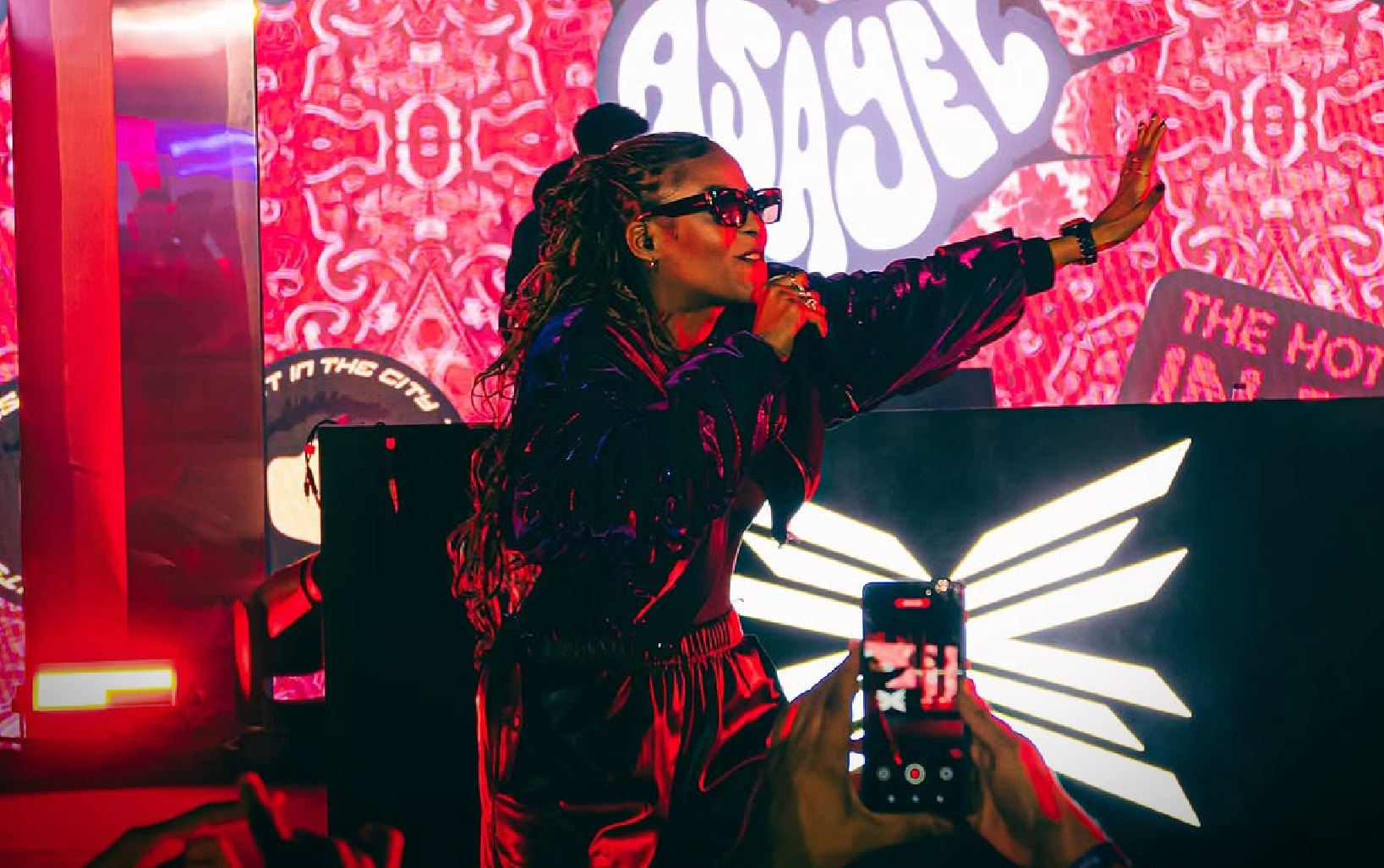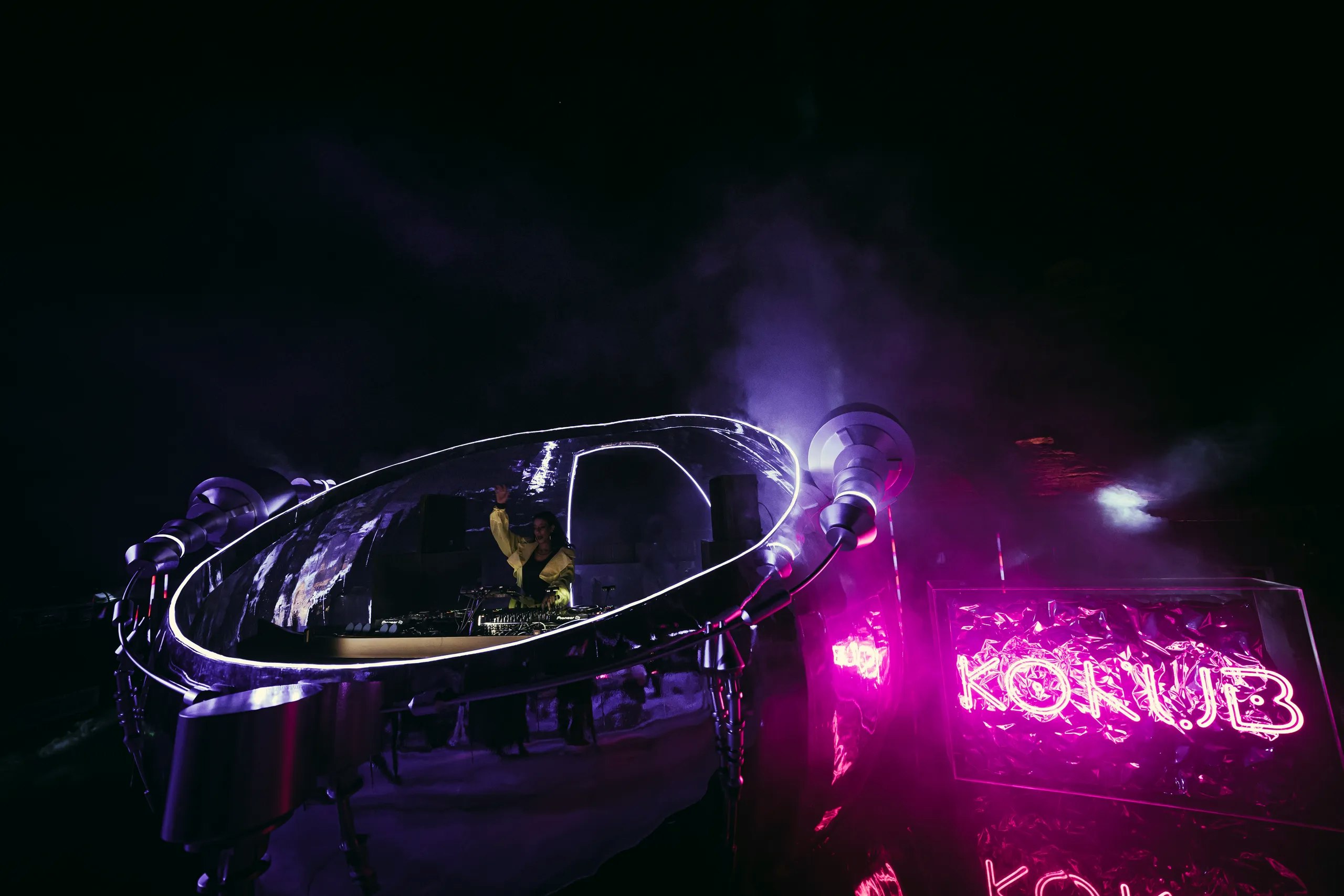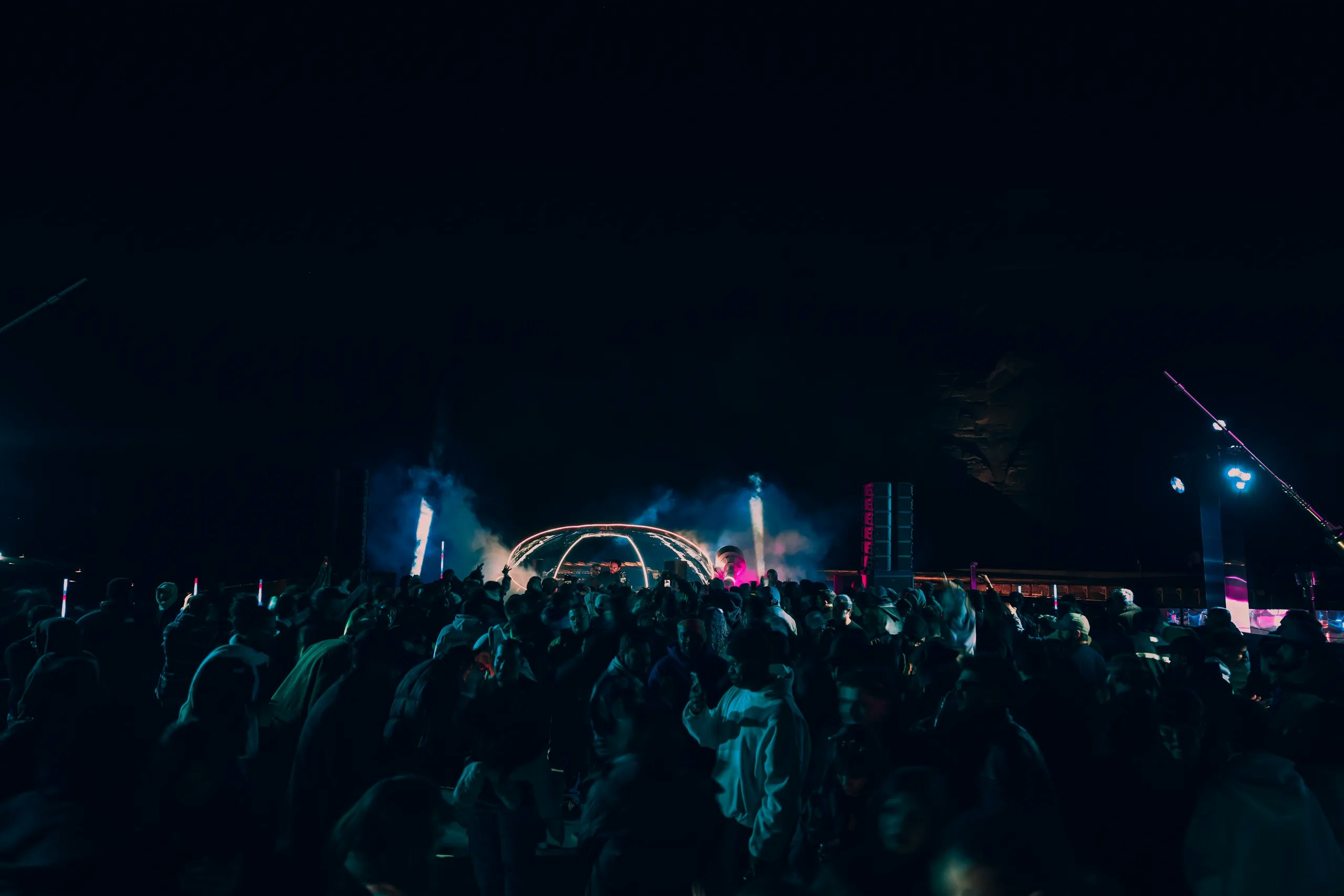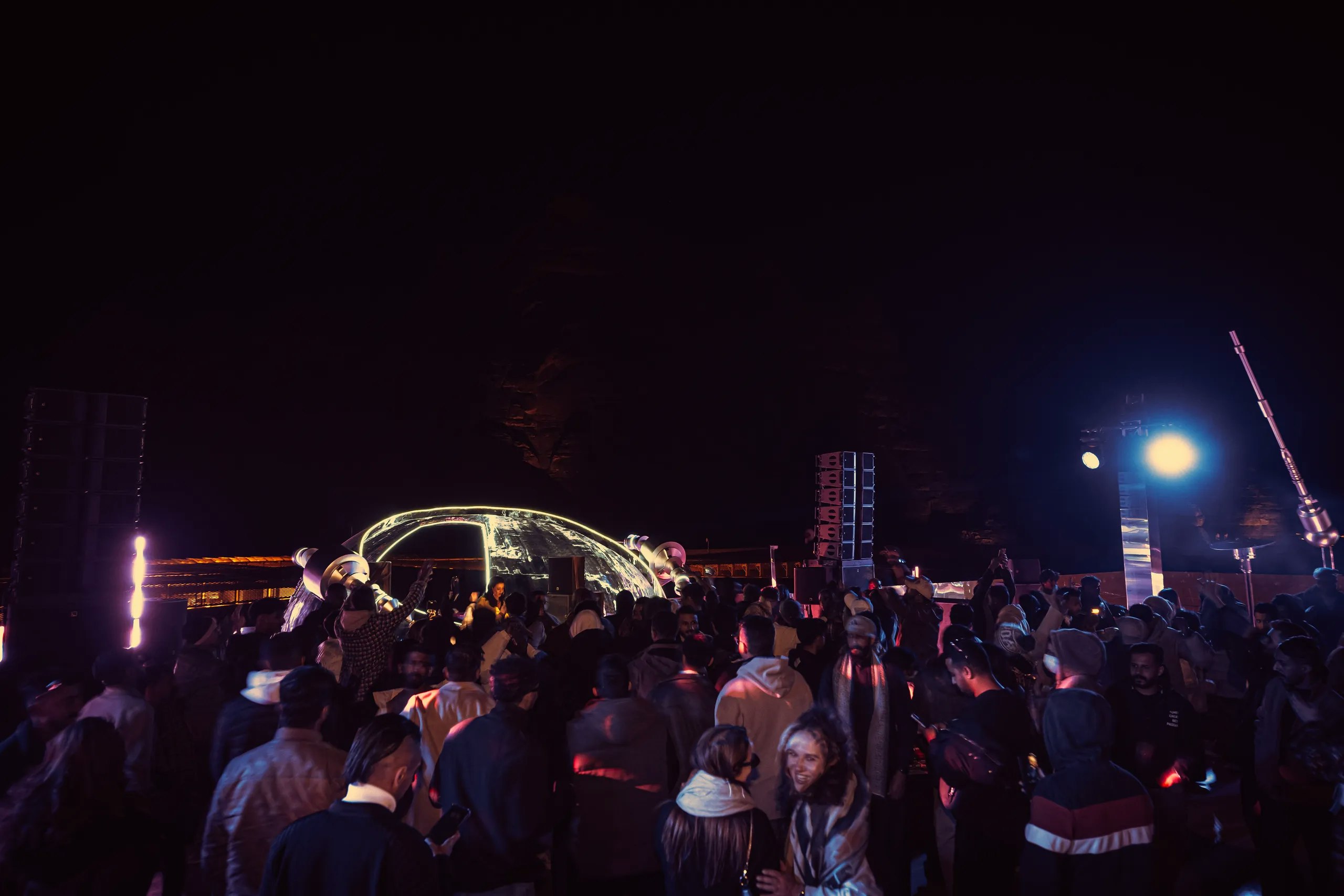

Remixes vs. Originals: Why Remaking Old Songs Is More Popular Than Ever
By MDLBEAST
October 06 2025
Remixes vs. Originals: Why Remaking Old Songs Is More Popular Than Ever
By MDLBEAST
October 06 2025
In recent years, the phenomenon of remixes and remakes has permeated the contemporary musical experience. From songs recorded decades ago going viral on a streaming platform to a newer released version to DJs remixing songs to fit better into the club experience, inevitably, older songs are given new life and new rotations. Whether remixed tributes to Abdel Halim Hafez get placed into an electronic set to give an Arabic favorite a new sound or the pop song from the nineties becomes deep house, songs are remixed/remade more often than ever, why? What does this say about our cultural relationship with music?
Why Are Remixes More Popular Than Originals?
The Power of Familiarity
Listeners love the familiar. A song that has a familiar melody, lyrics, and even a familiar beat is more likely to be played, especially in this remixed version. Nostalgia and familiarity are important to remixes, but at the same time, they provide something new and different, which makes this form of appreciation available to any generation.
Streaming and Algorithmic Boosts
Streaming platforms like Spotify, Apple Music, and Anghami have significantly influenced music trends. Their algorithms prioritize engagement, meaning remixed versions of well-loved songs often gain more visibility than new, original tracks. When fans search for a classic, they’re frequently presented with its remixed counterpart, leading to greater exposure and higher play counts.
The Role of DJs and Social Media
With DJ culture and the viral soundbite culture fostered by platforms like TikTok, for example, it's only natural that remixing and mashup culture will abound. Children will discover "Enta Omri" with an electronic remix beat or a Diab song with a sample layered underneath a new pop anthem and be able to render the original known to their followers in this new context. When music has the potential to be that nostalgic sound for a younger generation only to be transformed into a viral smash, the potential exists.
Why Are We Seeing So Many Remakes of Songs?
A Safe Bet for the Music Industry
Song remakes involve less risk. It's a more financially sound investment for labels to remake a song that has already generated revenue in the past than to attempt to create something new from scratch that may or may not become a financially successful venture down the line. Once a song has been established with an audience and notoriety, it's more convincing for the powers that be to take the plunge to create it again.
Bridging Generations
Producers and artists understand that music isn't so transgenerational and transculturally emotional. For example, “Ya Ba’adhum Kilhum” by Abdul Majeed Abdullah gets remixed. The original is reimagined with more contemporary, young instrumentation and synthetic rhythms. It caters to the older audience who knows the original and the homage Abdul pays to it out of nostalgia, yet it engages the younger listeners captivated by synthetic sound. This is how Khaliji culture is sustained, through sound but for subsequent generations, modified for sound appreciation of the melody.
The Evolution of Sound
Technological advancements allow artists to enhance older tracks in ways that weren’t possible before. High-quality production, advanced mixing techniques, and electronic elements breathe new life into classics, making them more suited for modern listening habits.
Why Are Old Songs Becoming Popular Again?
Nostalgia in the Digital Age
Nostalgia is a comforting salve in a chaotic world. As society yearns for nostalgic sounds, the nostalgia for nostalgia increases. Older music is trending on older social media sound bites, from film music scoring to popular YouTube influencers using sponsored shout-outs, older songs get a second wave of popularity.
The Sampling Culture
Sampling is the ideal technique by which vintage tracks are resurrected for a contemporary crowd. Hip-hop, EDM, and even Arabic pop almost always find their sounds from yesteryear. For example, Nancy Ajram's "Aah W Noss" has been sampled into various remixes; there's nothing like transforming a classic.
Globalization of Music
Where did regional hits go? In the age of the Internet, culture is borderless. The sound that would be specific to one area becomes a universal, crossover sound. For example, Alabina's Arabic and Spanish sounds are no longer a regional hit.
Who Invented New Age Music?
Defining New Age Music
New Age music is a genre that blends electronic sounds with traditional and ambient influences. It emerged as a response to the growing interest in spiritual and meditative music, aiming to create calming auditory experiences.
The Pioneers
The genre’s roots trace back to the late 1960s and 1970s, with artists like Jean-Michel Jarre, Vangelis, and Enigma pioneering electronic and atmospheric sounds. Meanwhile, Arabic instrumentalists like Omar Khairat incorporated classical Arabic elements into modern compositions, influencing contemporary New Age artists.
Influence on Modern Remixes
New Age music has influenced today’s remix culture by encouraging experimental soundscapes. Many modern remixes incorporate atmospheric layers, extended instrumentals, and ethereal beats, blending the essence of old and new seamlessly.
Timeless Tunes
The rise of remixes and remakes in music and music consumption suggests a peculiar phenomenon. While originals will always exist, out of nostalgia, the element of comfort, new technology, and an increasingly different demographic are more inclined to remix and remake the older something is. From a 90s pop song that becomes EDM to a classic Arabic tune transformed into a house song, timeless anthems of different eras help sustain what's next.
Share this


